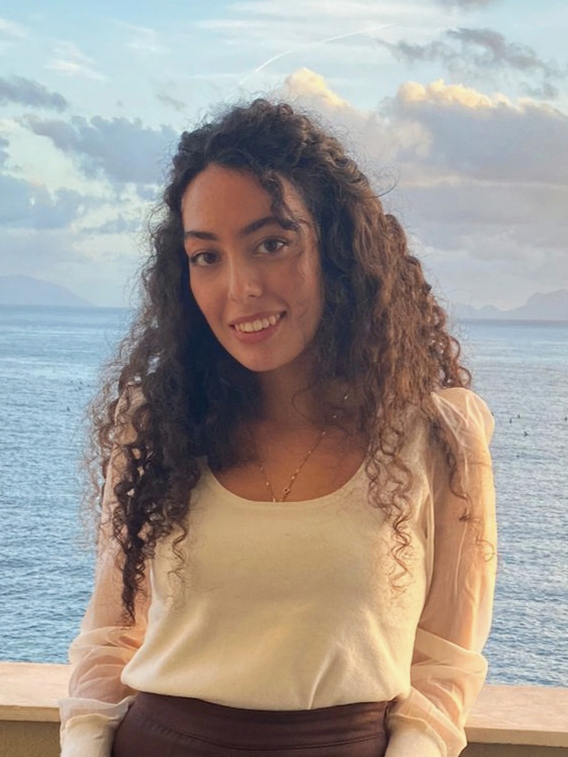
Dottoranda
saraverde98@outlook.com
Sara Verde è dottoranda in Biotecnologie mediche e Medicina traslazionale.
Ha conseguito la laurea triennale in Biotecnologie per la Salute nel 2021 e la laurea magistrale in Biotecnologie Farmaceutiche nel 2023, entrambe presso l’Università di Napoli “Federico II”.
Ha vinto una borsa di studio finanziata dal POR Campania FSE 2014-2020 ottenendo un attestato di tecnico del trasferimento tecnologico e della valorizzazione industriale della ricerca.
La sua ricerca attuale si concentra sull’esplorazione di nuovi strumenti diagnostici per le malattie rare.
CONCLUSIONS: This study demonstrates that general-purpose LLMs, operating without specialized model training or fine-tuning, can effectively serve as intelligent agents for automated radiotherapy TP, specifically addressing the BAO problem. This flexible and scalable framework has the potential to enhance clinical decision-making workflows in radiotherapy. Future research directions include exploring more comprehensive and clinically nuanced reward functions and extending the methodology to...
This study proposes an automated approach to radiotherapy treatment planning by integrating a reinforcement-learning-style iterative framework with a multimodal Large Language Model (LLM). We specifically investigate the problem of Beam Angle Optimization, a high-dimensional and non-convex subproblem of Treatment Planning. Our system employs GPT-4V to select candidate beam angles and analyze three-dimensional dose distributions generated by Monte Carlo simulations within the MatRAD environment....
Brain decoding aims to reconstruct external stimuli from brain activity, providing insights into the neural representation of cognitive experiences. Music decoding from functional magnetic resonance imaging (fMRI) is particularly challenging due to the complexity of auditory processing and the temporal limitations of fMRI signals. In this study, we introduce a novel decoding framework that improves the alignment between fMRI activity and latent musical representations extracted using a...
Functional Magnetic Resonance Imaging is a powerful tool for studying brain function but presents challenges due to high dimensionality and variability. We propose a self-supervised transformer-based foundation model using a masked autoencoder to learn generalizable representations of fMRI time series. Trained on the Human Connectome Project (HCP) S1200 dataset, the model is evaluated on cognitive task classification and neuroticism prediction using linear, MLP, and ConvLSTM probes under...
Brain metastases (BM), along with primary central nervous system lymphomas and glioblastomas, represent the majority of malignant brain tumors encountered in clinical neuro-oncology, driving a need for advanced imaging techniques and post-processing methods to improve their characterization and treatment monitoring. In particular, stereotactic radiosurgery (SRS), a cornerstone treatment for BM, delivers high-dose, focused radiation (>20 Gy) to target lesions with minimal impact on surrounding...
Sito creato da An:Ca © 2025 Università di Roma Tor Vergata P.I. 02133971008 – C.F. 80213750583